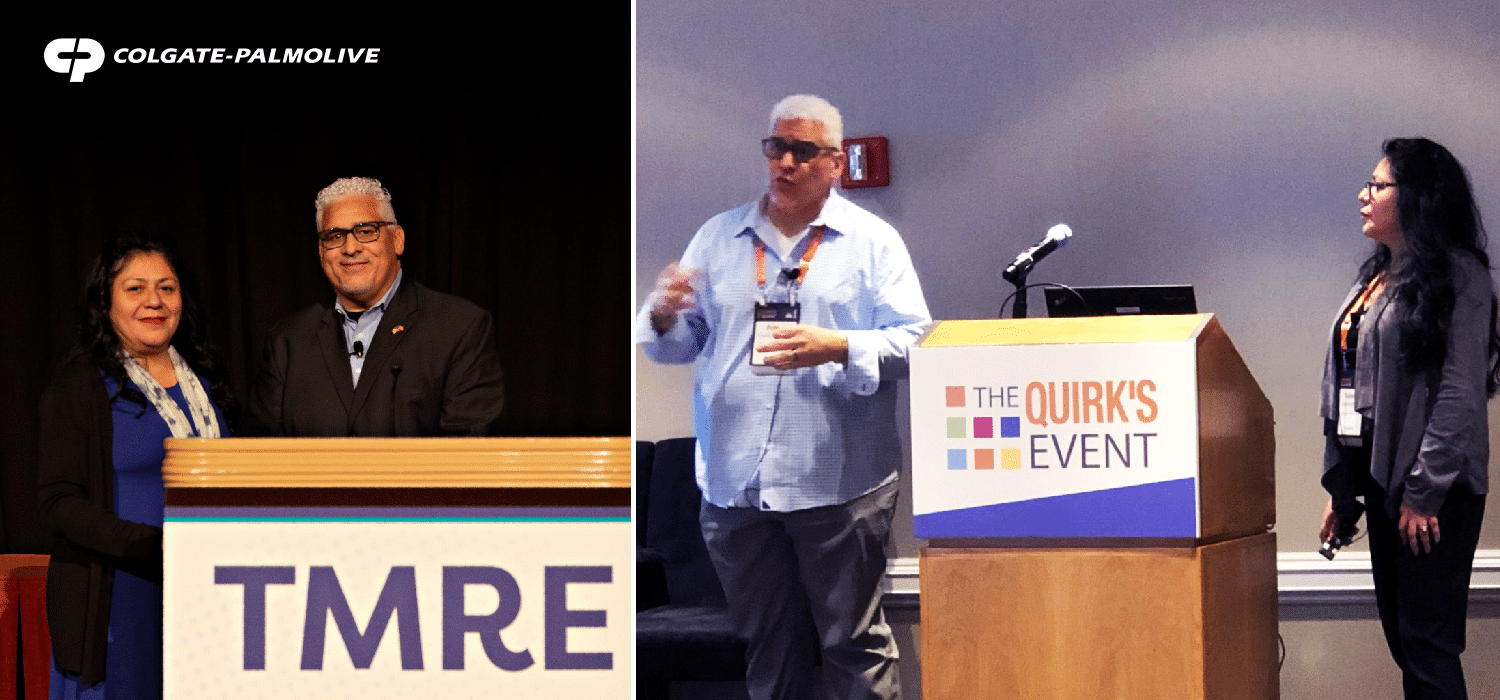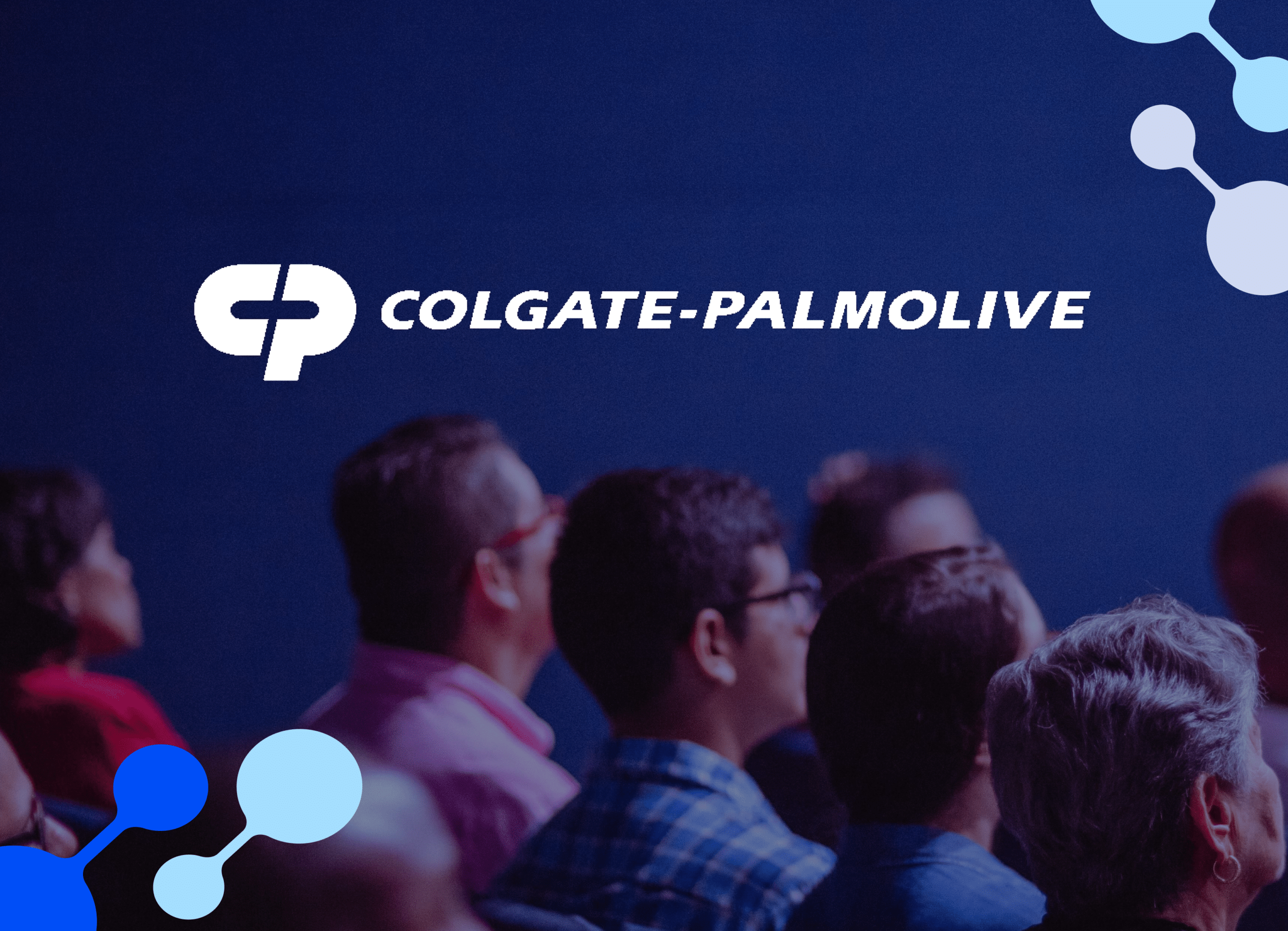Colgate-Palmolive has long been a pioneer in knowledge management for insights, with a dedicated function since the 1980s. Throughout their insights journey, they have generously shared their evolution and learnings with the broader community at industry events.
Since embarking on a technology partnership with Market Logic, knowledge management experts Frank Santiago and Valerie Molina have shared their success story at a number of events including IIeX conferences in Atlanta and Austin (2018/19) and the 2019 TMRE in Las Vegas.
Most recently, they celebrated the launch of their successful Driving Insights Globally (DIG) platform to the entire ColPal commercial organization at Quirks Brooklyn 2020. Here’s a summary of their success story to date.
Phase 1: knowledge and research management
Colgate’s market insights platform, “Driving Insights Globally” or “DIG,” started out as a research tool for the insights organization. By 2017, the team had already started “digging” for insights.
In addition to searching and finding insights from qualitative research, the team introduced benchmarking libraries where users can search concept, copy and pack tests by topic, category and region, and sort by standard test scores and KPIs.
According to Frank Santiago, Knowledge Management Pioneer at Colgate, the return on insight from these libraries can be described in terms of efficiency and effectiveness.
For efficiency gains, teams access relevant tests at any time and have stopped repeating known concepts. From the effectiveness vantage point, teams have stopped repeating past mistakes, and are investing saved research dollars in new foundational insights.
“Most importantly, teams are consistently making winning decisions that boost growth.”
– Frank Santiago, Knowledge Management Pioneer
Research management came next. DIG helped Colgate create a system that took primary research from budget creation through vendor selection and approvals, with a seamlessly closed-loop process to put information back into the system for search and re-use. They then added secondary sources to enhance the content arena and moved to RSS feeds and news.
The result was over 10% budget savings thanks to two main efficiencies:
- Knowledge checks to dramatically reduce duplication of research. When a user proposes a business question the research should address, the platform automatically searches and presents relevant knowledge from past research.
- More efficient vendor roster management. Teams can only choose the best-authorized agency for the task, and review past performance of agencies before selecting again.
Phase 2: a one-stop-shop for the entire business
Building upon their success in the insights function, Colgate recently celebrated the launch of the DIG platform to the entire commercial audience in marketing, innovation and sales teams so they can self-service insights directly from the platform.
“We used to guard insights fiercely, now we are getting better at curating and promoting knowledge to our business.”
– Richard Thorogood, VP Insights
Instead of researchers needing to go information, the information goes to users in personalized homepages, expert channels and knowledge zones – and insights are embedded in processes throughout the platform.
AI-sponsored content is pushed to personalized landing pages where decision-makers have everything they need to march forward and make more informed decisions.
For example, all of the decision-makers that work in the pet care business around the world get timely and relevant information about all pet care content, together with learnings from other business lines and regions that may also be useful for their business.








